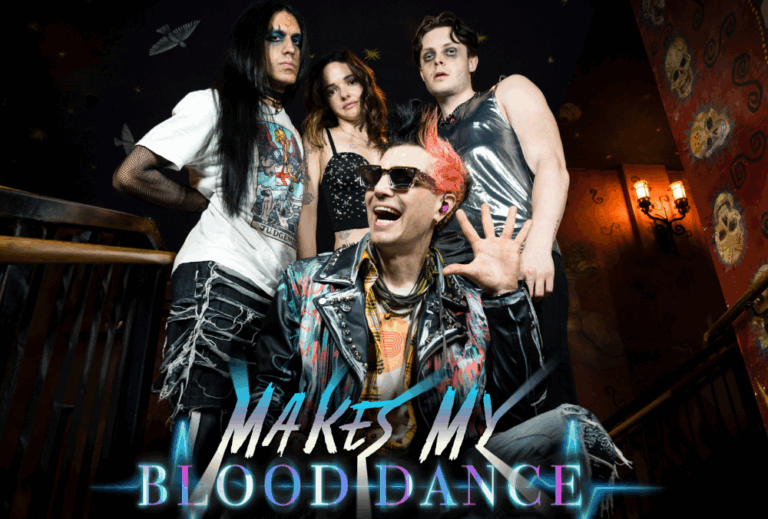Jake Shane, who has nearly 3 million followers on TikTok thanks to his viral comedy videos under the handle @octopusslover8, is reviewing albums for Billboard with exclusive new essays and videos. Find his latest Billboard album review below, for Taylor Swift’s just-released The Tortured Poets Department album.
Taylor Swift, known for her vulnerability, has never been so vulnerable.
Trending on Billboard
First thing Friday (April 19), Swift welcomed us into The Tortured Poets Department, her earth-shattering 11th studio album. Except, upon arrival, listeners discovered it was more a graveyard than a classroom. The air is cold and filled with tension from ghosts of relationships past — each step inviting the listener closer and closer into stories frozen in time. The end result is an album that feels like pages ripped from Swift’s diary loosely scattered across a frosty gravesite — each tomb sharing its own story of grief, loss and, in some instances, love.
Tortured Poets is undoubtably Swift’s most personal album to date — which, for Swift is a hard feat to beat. Through classic Jack Antonoff and Aaron Dessner production, Swift’s pen floats on lyrics sharp to the touch. This is especially true on the Dessner-produced track 5, “So Long, London.” In it, Swift says goodbye to a relationship she gave everything for, but received no ROI. “My spine split from carrying us up the hill,” Swift proclaims; this is Swift at her very best, painting a photo of heartbreak so vivid that it almost feels like our bones are breaking too. Close listeners will notice the beginning of the track sounds similar to Swift’s love song “Call It What You Want” off her sixth studio album Reputation. Perhaps the most cutting lyrics, though, on “So Long, London” come in the second verse, when Swift admits her regret for holding on to the “sinking ship” that the relationship was: “I’m pissed off you let me give you all that youth for free.”
One of Swift’s defining talents is how she builds a cohesive narrative throughout her albums, and here, that ability has never been more on display. On Tortured Poets, Swift walks the listener through a barren graveyard filled with withered bones and torn memories, only to finally reach sunlight — on the final two tracks of the album (not including the extra 15 songs that dropped at 2 a.m. ET), Swift has once again found love. On “The Alchemy,” Swift sings of a love so undeniable, she is returning to her old, pre-tortured ways: “I haven’t come around in so long. But I’m making a comeback to where I belong.”
As always, Swift’s lyricism shines bright (arguably brighter than ever before). This is notable on the absolutely devastating “The Smallest Man Who Ever Lived,” where Swift looks in the rearview of a past relationship with more questions than answers. “You hung me on your wall. Stabbed me with your push pins. In public, showed me off. Then sank in stoned oblivion.” Swift’s pen is pointed, but, then again, when is it not? She doesn’t want to talk to said “man,” but she wants a message delivered: “You didn’t measure up in any measure of a man.”
On “I Can Do It With a Broken Heart,” Swift is at her most bare, detailing the heartbreak-turned -depression she faced while performing the biggest tour of her career (and perhaps of all time). “She’s having the time of her life there in her glittering prime. The lights refract sequin stars off her silhouette every night. I can show you lies,” Swift croons over a synth beat. Swift calls back to folklore’s “mirrorball” by proving once again that she can be anything we want her to be, even if it’s not true. It is one of the first times Swift has broken the third wall since the start of the record-breaking tour, and it is almost reassuring to listeners and fans alike. Taylor is human, too, even when her stardom questions the laws of physics.
One of the greatest tales Swift tells is that of heartbreak to healing; she did it on Reputation, and on Tortured Poets she has done it once more — this time, though, with more maturity and the clarity only age can bring. At the end of the album, Swift has once again found love and forgiven heartbreak. It might not be her true love, but she’s happy — oh, and she’s Taylor Swift. Who can argue with that?
You can find Shane’s review of Beyoncé’s Cowboy Carter here.




